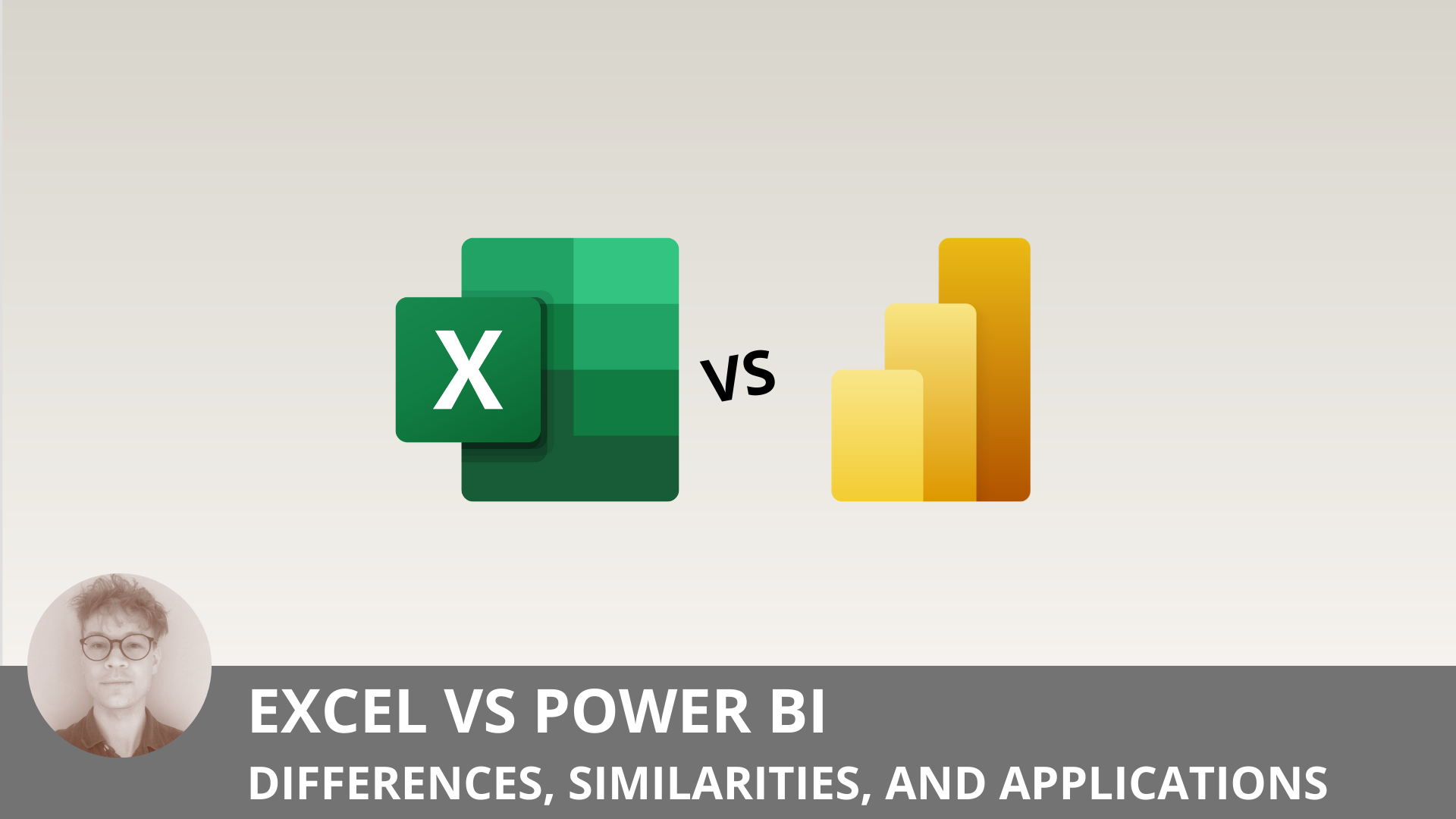Why Learn SQL in 2024?
Microsoft Excel has long been a primary tool for data management, analysis, and reporting. However, as businesses and organizations handle increasingly larger volumes of data, there comes a point where data analysis in Excel becomes limiting. This is where SQL (Structured Query Language) comes into play. In this post, we will explore why it is crucial to learn basic SQL after mastering Excel, regardless of your professional role.
SQL is the standard language for communicating with a database that uses an SQL server. With SQL, you can retrieve, update, delete, and create data within the database. SQL can also be used to modify the structure of the database itself, such as adding tables, setting access, and permissions.
- Excel Limitations: While Excel is a versatile spreadsheet software, it has its limitations when it comes to handling large datasets and complex queries. Excel can become slow, crash, or even produce inaccurate results when dealing with extensive data. Learning SQL enables you to work with larger datasets and perform more complex data manipulations with greater reliability.
- Scalability: SQL databases are designed to efficiently handle massive amounts of data. Learning SQL allows you to work with databases in most modern business processes, whether you are involved in sales, marketing, finance, or any other area. Learning SQL also enables better collaboration between technical and non-technical team members.
- Improved Data Analysis: With SQL, you can perform advanced data analysis, including aggregation, filtering, and complex joins, which may be difficult or impossible to achieve efficiently in Excel. SQL queries can be automated to run at scheduled intervals, ensuring that your data is always up to date. This is particularly important for professionals who rely on current information for decision-making.
- Data Literacy: As data becomes increasingly central to decision-making, data literacy is a valuable asset. Learning SQL helps you understand how data is organized, stored, and retrieved within databases. It allows you to interact with databases more efficiently and make informed, data-driven decisions.
- Career Opportunities: SQL skills are a valuable competence that can open up new career opportunities. Many job listings in various industries include SQL as a necessary or desirable skill. Whether you aim to advance in your current role or explore new career paths, SQL knowledge can make you a more attractive candidate!

























Apply now for all types of loans and get money urgently!
Do you need 100% financing?
I can fix your financial needs with a 3% interest rate. Whatever your circumstances, self-employed, retired, bad credit, we can help. flexible repayment, contact us:
asdaservices24@gmail.com
Telegram/Whatsapp: +447771236228
Apply now for all types of loans and get money urgently!
* Starting a franchise* Business acquisition* Business expansion* Capital / infrastructure project* Commercial real estate purchase* Contract execution * Trade finance etc.
Regards